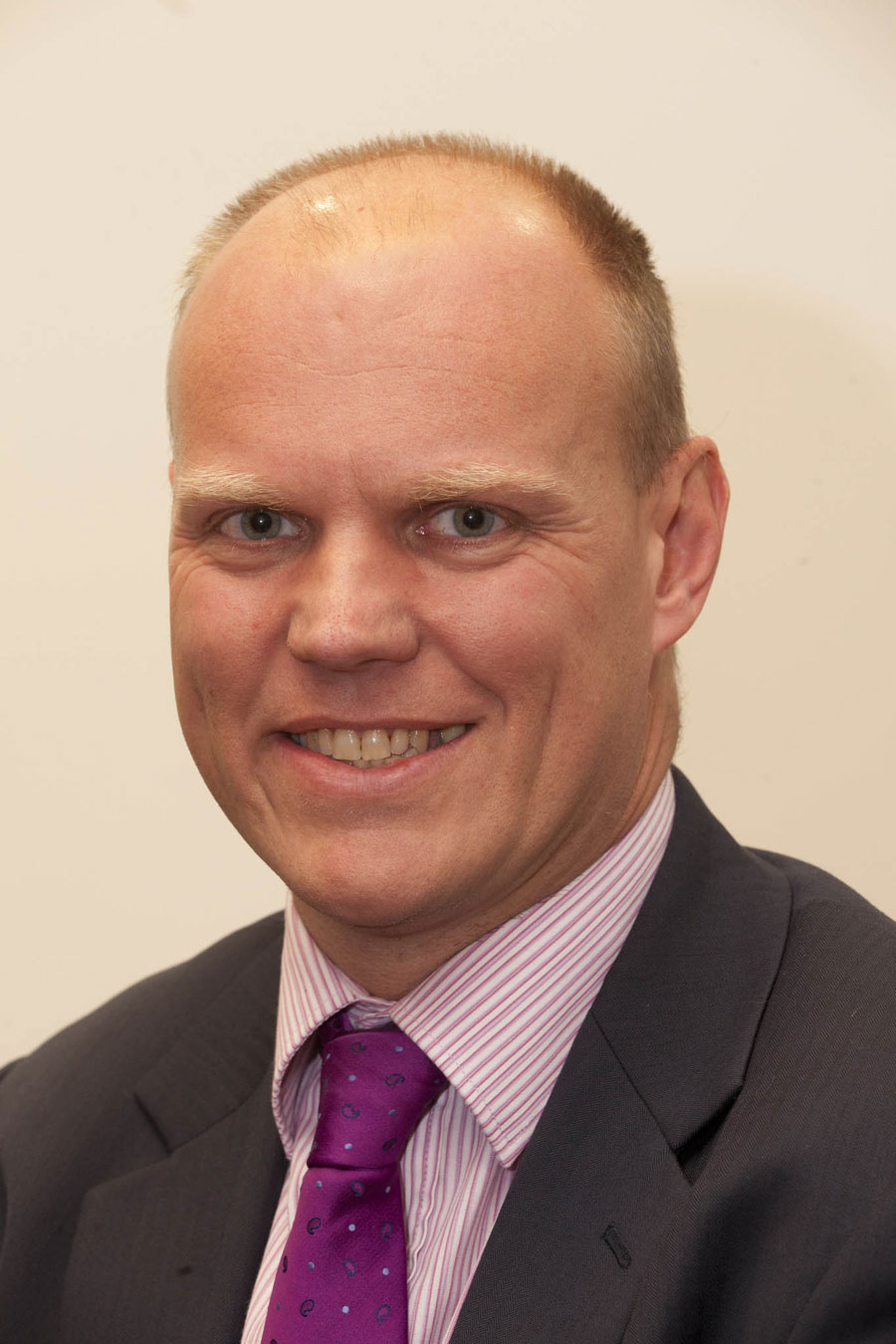With more and more people finding themselves having to work beyond the traditional retirement age of 65 for men or 60 for women, they need to ensure they are making the most of their money and assets when they do come to retire, experts at EFG Independent Financial Advisers in Birmingham and Wolverhampton are warning.
Senior director Ian Hawkins said: “The decline of final salary arrangements and the increased reliance on money purchase pension arrangements and annuities for a retirement income has put many pensioners under severe financial pressure.
“This has been exacerbated by a climate of low interest rates and moderately high inflation, meaning they risk getting less for the money they may already have set aside.”
He said the traditional view of a retirement funded by a combination of state and work related pensions was for many now just a sepia toned memory.
“More and more people are having to face up to the reality that they will have to carry on working through 65 and beyond.
“When you combine a population with ever-increasing longevity, many of whom have made insufficient pension provision during their ‘normal’ working years, then this adds up to a real problem for many people in their Sixties,” he said.
This made it even more important to understand what your options were as your 66th year approached.
“Those who choose to continue working beyond 65 need to bear in mind that National Insurance contributions end on reaching state pension age.
“However, the state pension may be deferred for a higher starting pension or a lump sum.”
Until this tax year a higher personal tax allowance was available on reaching the age of 65, this is no longer available to those turning 65 on or after 6th April 2013. For those already 65 and over the increased allowance is gradually being phased out as whilst the standard personal allowance will benefit from future increases no further increases will be made to the age related allowance.
It may not be possible for some people to remain insured for certain employee benefits beyond 65 – for example, income protection.
Ian Hawkins said: “Those continuing to work may phase their retirement benefits by taking their pre-commencement lump sum and deferring income through the pension drawdown facility.
“They should also be aware that it is possible to continue making pension contributions while employed.”
And he stressed that working pensioners should consider their investment approach for any uncrystallised money purchase pension arrangements, and also ensure that their portfolio is arranged in the most tax-efficient manner.
“Some people enjoy going to work and as they approach 65 dread being at home all the time, but for many this is not an option and they are finding themselves forced to continue working.
“You owe it to yourself to try and ensure that you choose the timing of your retirement and have provided for the life you would like to lead.
“Clearly the earlier you start, the better, but it is never too late to make changes or introduce planning ideas that may give you back control of your destiny.
“Working past 65 is not a foregone conclusion and many could make more of their savings and assets in order to be able retire when they want and live how they want,” he said.
EFG Independent Financial Advisers has 12 advisers working from offices in Birmingham, Wolverhampton and London advising clients on a variety of solutions encompassing personal, family and business aspects, whether for wealth protection, family assets, wealth development, wealth preservation or retirement planning.





















